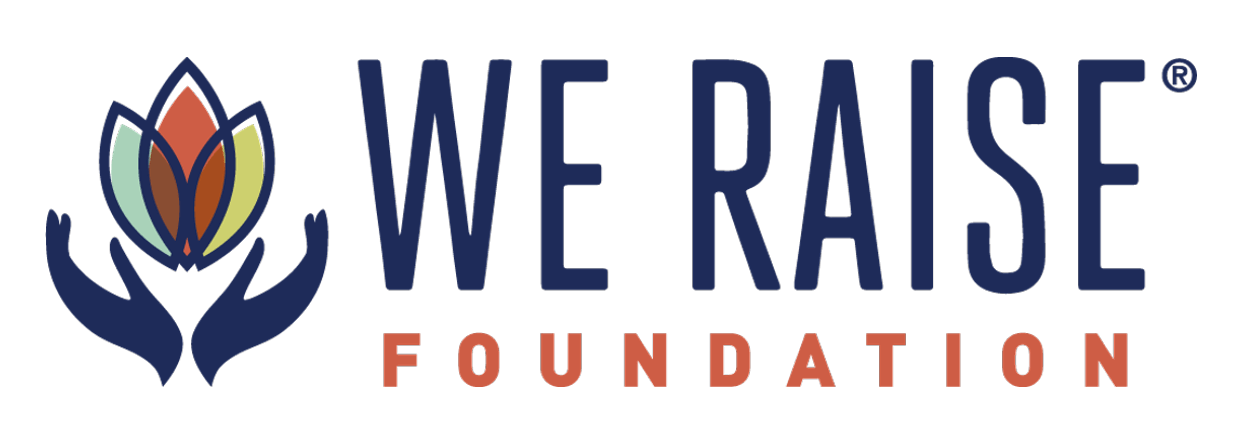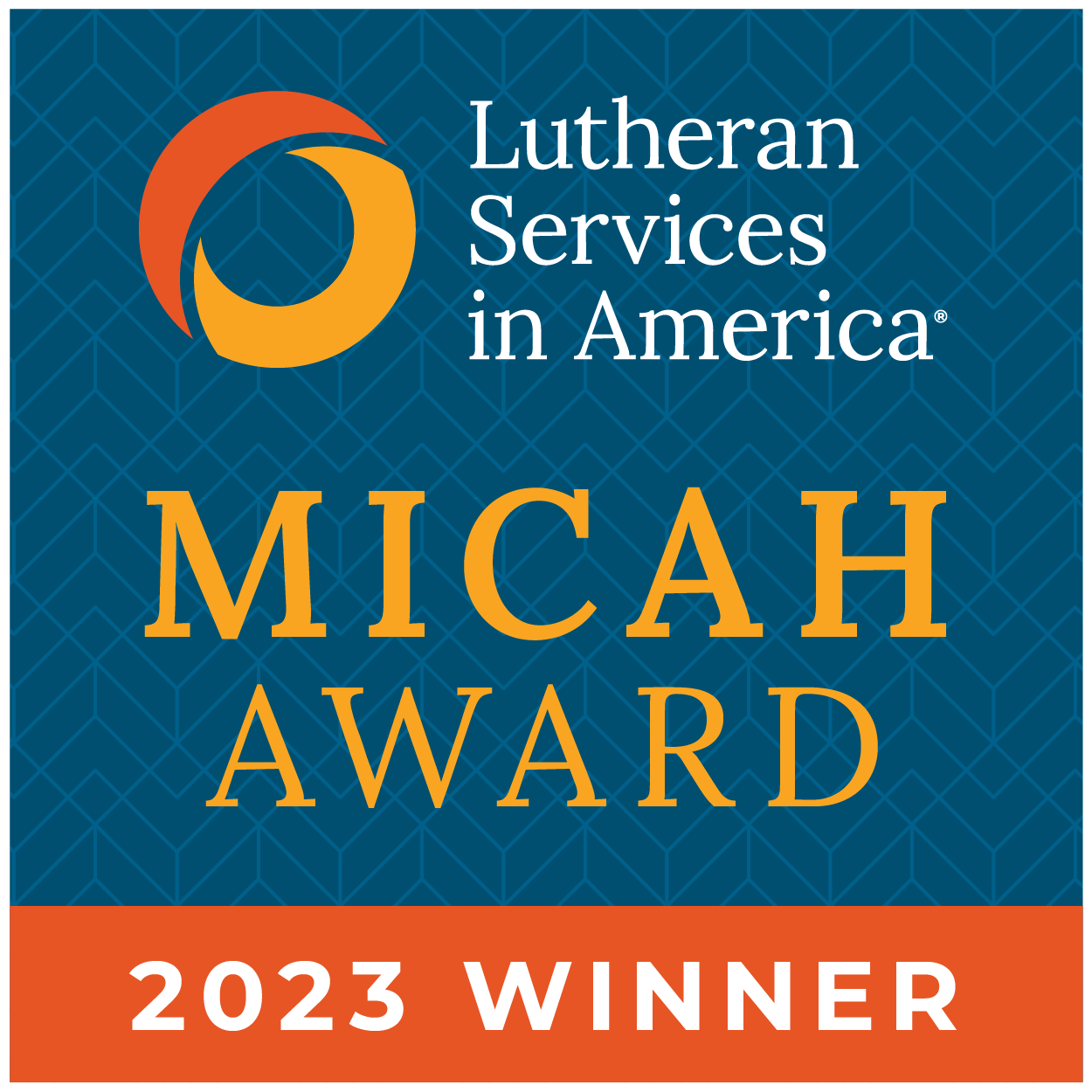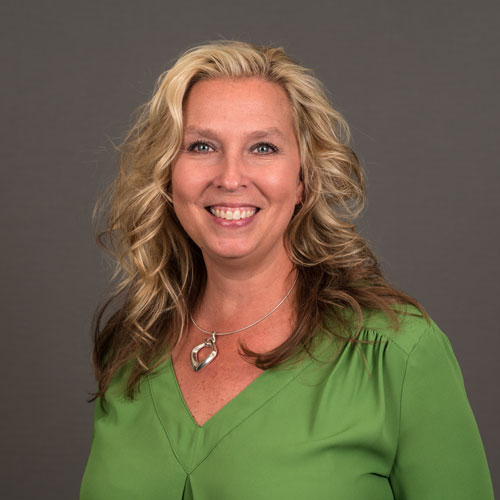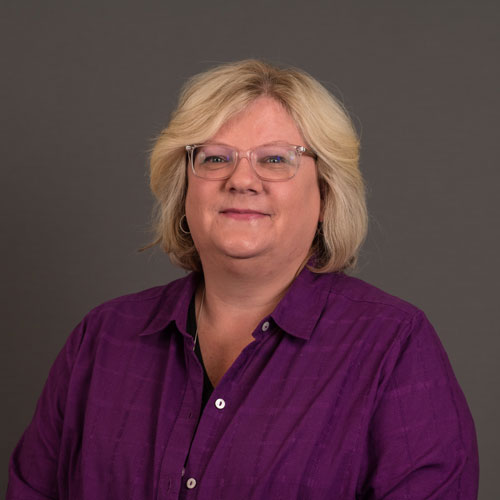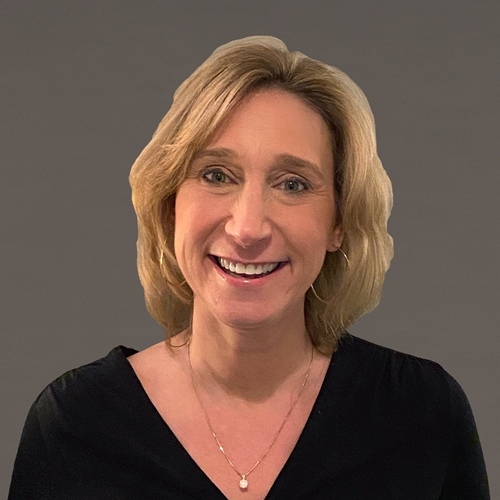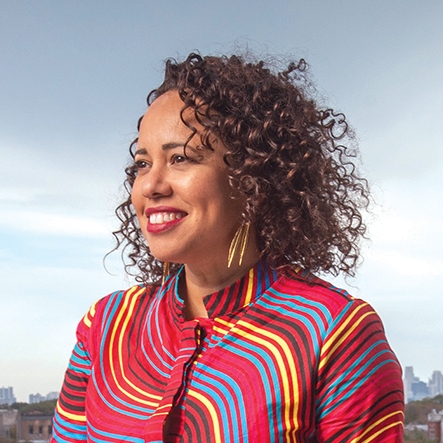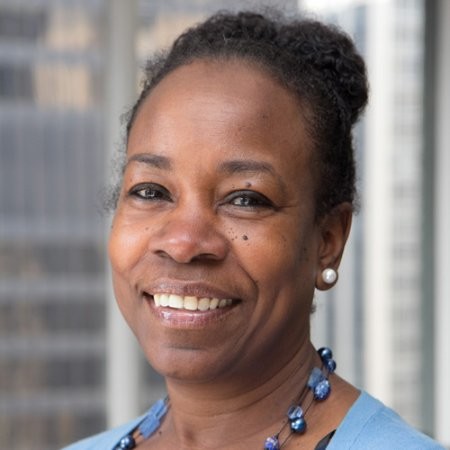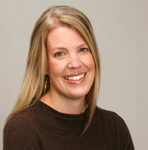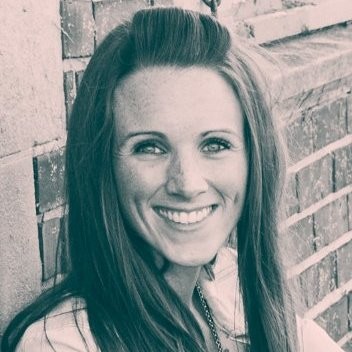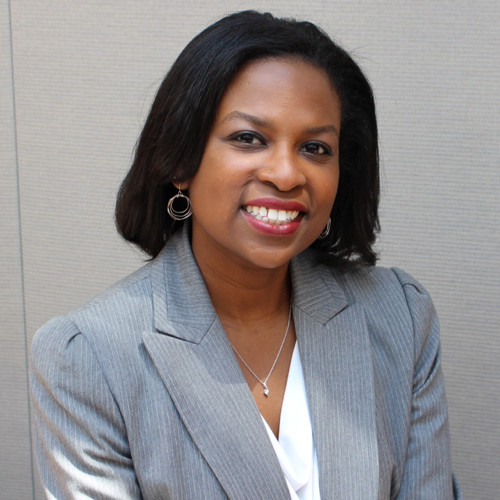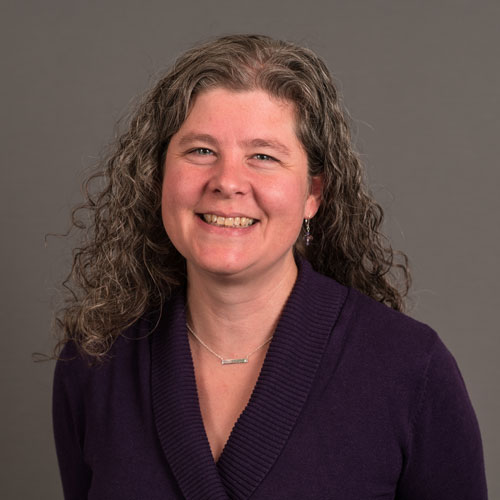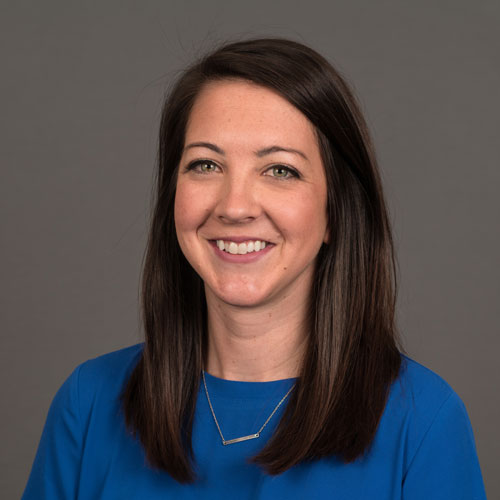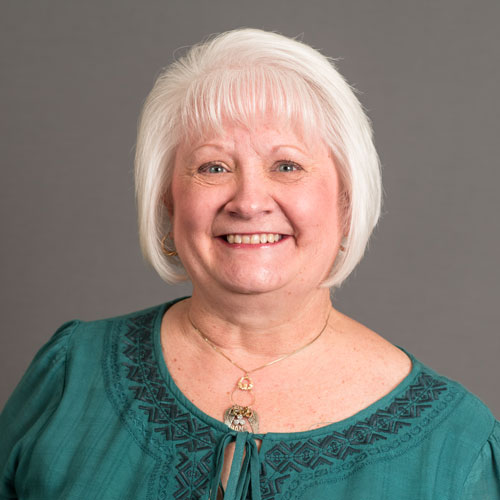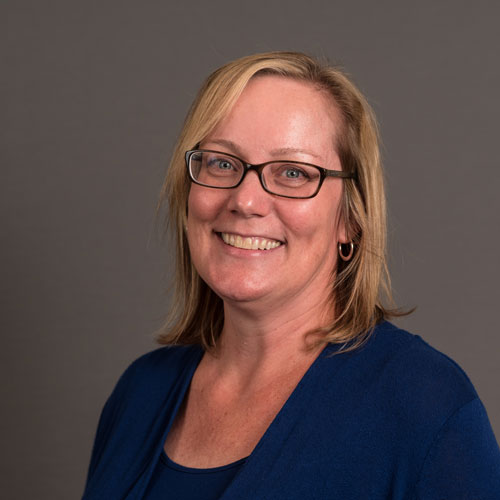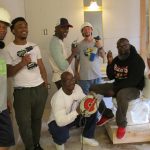Luther Place Listens to Their Neighbors…and Responds
In January 2017, the Steinbruck Center at Luther Place Memorial Church (Washington, D.C.) asked community members about their most pressing concerns and this is what they heard:
- I want to change my work—a better work—a better wage—to help with the bills of the house and rent.
- Life for us has been good but really restricted because only my husband works—where we are able to live, shop, walk. Not having someone to watch the kids has made it hard for me to find work.
- I want to have more permanent work and take control of that in my hands. That way I can make a difference in my life and my home.
Their concerns were grounded in a bigger theme in their neighborhood: a lack of affordable housing and living wage job opportunities. The Steinbruck Center responded by creating an opportunity for community members to own their own businesses.
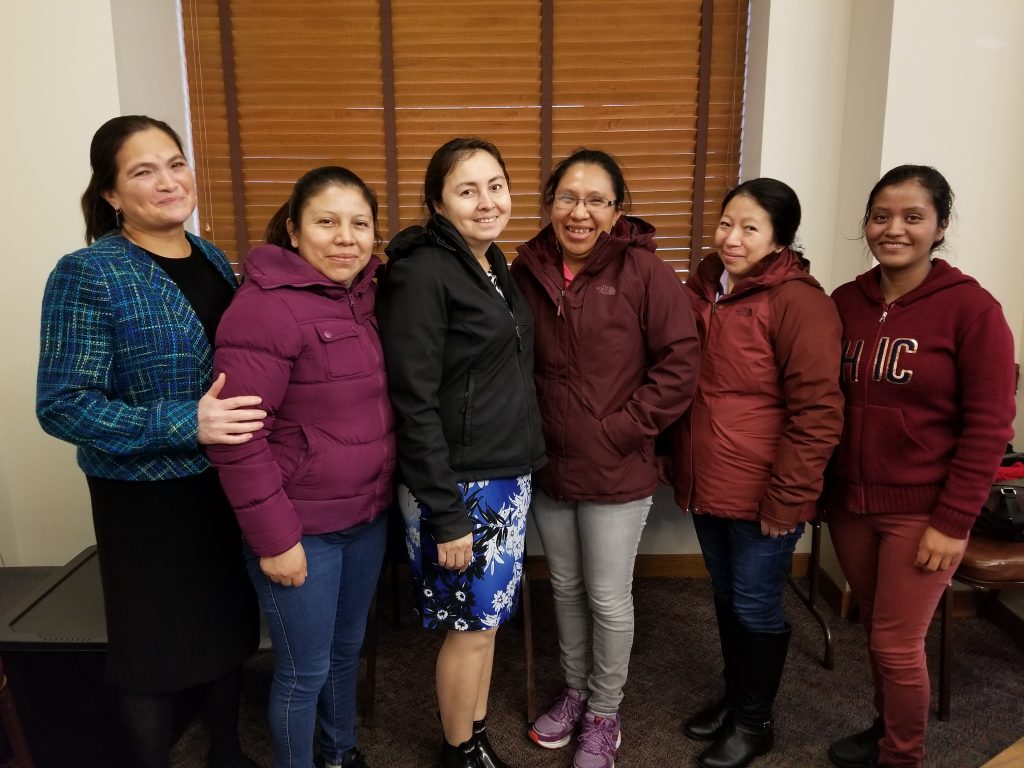
Dulce Hogar (Sweet Home) Cleaning Cooperative is Luther Place’s first worker-owned cooperative, and initiative to empower community residents who face significant barriers to traditional employment. We Raise awarded Steinbruck Center at Luther Place a grant for their Beloved Community Incubator, which will raise up worker-owners and develop an ecosystem of worker-owned cooperatives.
Bianca Vazquez, Steinbruck Center Program Director, says as the idea for cooperatives took root, community members were invited learn more and determine what kind of work they were interested in. At the end of the process, eight women committed to the cooperative.
 “We realized with 10 luxury apartment buildings within a mile of us there’s a real opportunity to serve people who are wealthy but time-strapped,” Vazquez says. “We also learned there’s almost 30 years of housecleaning experience across these eight women. We decided to go with housecleaning for the first cooperative.”
“We realized with 10 luxury apartment buildings within a mile of us there’s a real opportunity to serve people who are wealthy but time-strapped,” Vazquez says. “We also learned there’s almost 30 years of housecleaning experience across these eight women. We decided to go with housecleaning for the first cooperative.”
Joe Migas, a longtime Luther Place member and Beloved Community Incubator board member, notes the congregation has been actively involved in working at the causes of homelessness and poverty in their community for about 30 years. He adds that this project is completely in line with their mission.
“There’s been a real immediate outpouring of support from the congregation, not just in terms of ‘we’re with you’ but ‘what can I do, how can I contribute to make a difference in these efforts,’” Migas says. The co-op is surrounded by a team of people committed to their success, with hundreds of hours dedicated to helping with marketing, developing a logo, design a web site, and facilitating educational field trips to other co-ops around the country.
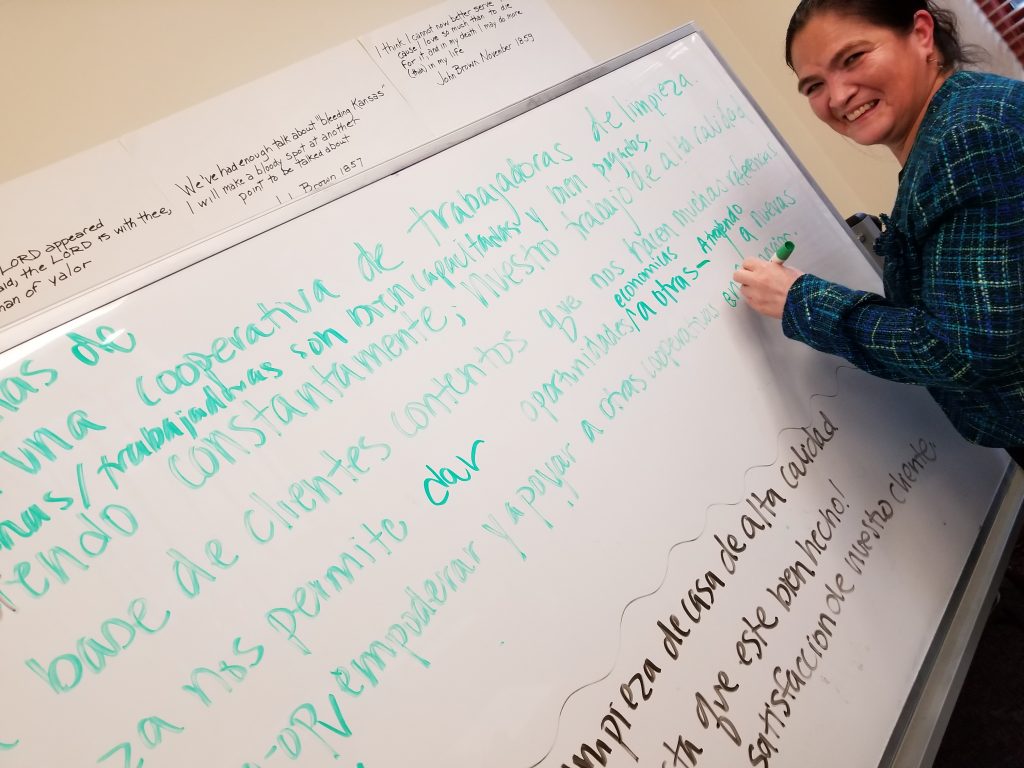
Vasquez is excited that the worker/owners see their service as a ministry to other people. “When they developed their value proposition, they named clients as parents with high stress and little time, people with pets, bachelors, and seniors or people with disabilities needing assistance so they can stay in their homes,” she says. In turn, clients have an opportunity to invest in living wage work, help create jobs, and invest in a small business in their community.
“To me it feels like everybody wins. The workers will be protected—they’ll have insurance, better wages, benefits—but they are clear they are providing a ministry for their clients, one that will improve everyone’s quality of life,” Vasquez says.
As they get ready to launch the cooperative in October 2018, the worker-owners are learning how to work together—and they also have a vision for investing in the community and supporting the development of other cooperatives. Their voices are clear:
- “I am so thankful for the support that this program has given us”
- “I love that I get to be part of this group.”
- “We are together: it is fun to be together and do this work together and realize the dreams of changing our life together.”
Your support is changing the lives of low-income, immigrant, and service industry workers in the Logan Circle neighborhood of Washington, DC. In their own words, these workers are “determined to use the money well in honor of the blessing you have given.”

